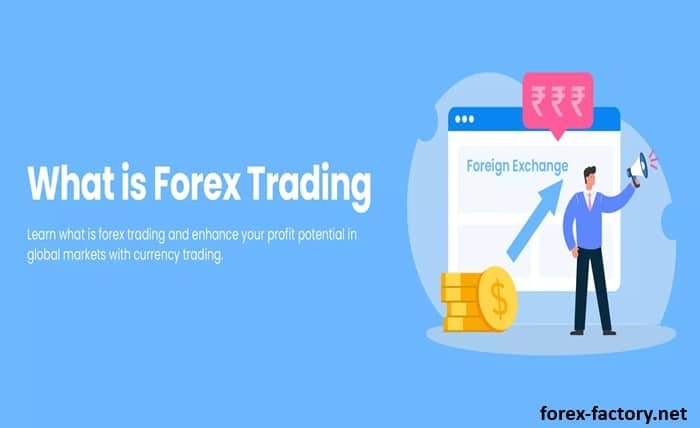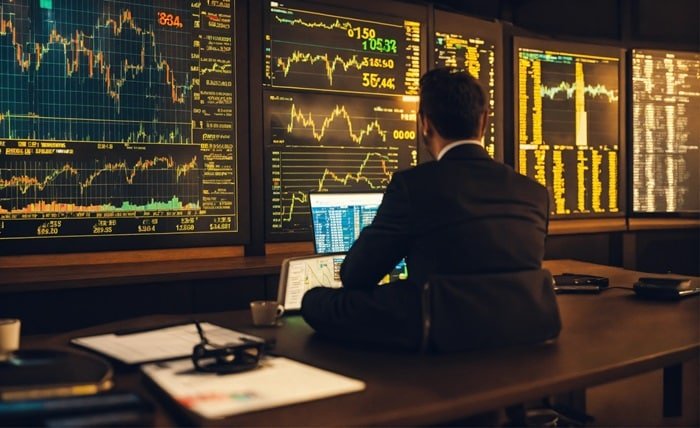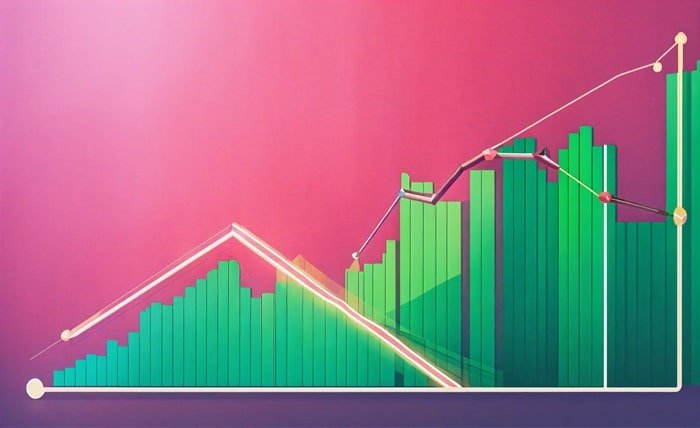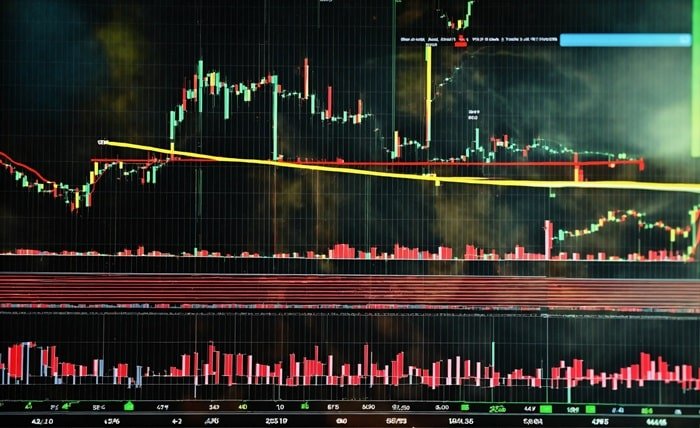The practice of purchasing and selling currencies on the international market is known as forex trading or foreign exchange trading. It’s a 24-hour financial market where traders can make money off of changes in exchange rates. What is forex trading? We’ll go over the fundamentals of forex trading and how it works as an important part of the world economy.
Understanding Forex Trading
Trading forex entails purchasing one currency at the same time as selling another. Usually, pairs are used for this, such as EUR/USD or GBP/JPY. With a daily volume of more than $6 trillion, the foreign exchange market is the biggest financial market globally.
The Major Players
A wide range of entities, including corporations, individual traders, commercial banks, financial institutions, and central banks, participate in the FX market. Although each participant plays a unique role, they all work together to produce a dynamic and fluid market.
Analyzing the Market
A solid understanding of both technical and fundamental analysis is necessary for successful forex trading. Technical analysis focuses on statistical trends and patterns in price movements, whereas fundamental analysis evaluates economic data.
Forex Trading Strategies
Traders use a variety of strategies, including swing, position, and day trading. Every strategy has a unique risk profile, necessitating a distinct method of market research.
Key Factors Affecting Forex Rates
Several factors influence currency exchange rates, including:
- Interest rates: Currencies often gain strength from higher interest rates.
- Economic performance: A robust economy has the potential to strengthen its currency.
- Geopolitical events: A currency may lose value due to political unrest.
- Supply and demand: The availability and demand of a specific currency affect forex prices, just like they do in any other market.
Different Types of Forex Trades
There are various ways to trade forex, including:
- Spot trades: Purchasing or disposing of a pair of currencies for prompt delivery (typically settled in two business days).
- Forward contracts: committing to purchase or sell a pair of currencies at a fixed price at a later time.
- Futures contracts: Futures contracts are exchanged on a standardized market and are comparable to forward contracts.
The Risks of Forex Trading
Forex trading is a complex and risky market. Here are some things to consider:
- Leverage: A common feature of forex brokers is leverage, which increases both gains and losses.
- Volatility: Price changes that are abrupt and substantial might result from the extreme volatility of cryptocurrency markets.
- Margin calls: If your account balance drops below a certain threshold while trading on margin, you may be subject to a margin call.
Tools and Platforms
Sophisticated platforms and tools that offer real-time data, analysis, and automated trading choices are essential to modern forex trading. These resources support traders in making wise choices and carrying out deals effectively.
Conclusion: The World of Forex Trading
For those who are prepared to pick up the necessary skills and adjust to the fast-paced world of forex trading, there are countless opportunities. Given the large potential for both profit and loss, this market requires respect and discipline. As with any investment, the secret to successfully navigating the forex market is knowledge and a cautious approach.
Forex Trading FAQs
- Do I need a lot of money to start forex trading?
You don’t necessarily need a huge sum, but forex trading does involve financial risk. Start small and gradually increase your investment as you gain experience.
- Is forex trading a scam?
Forex trading is a legitimate financial market, but there are scams to be aware of. Choose reputable brokers and be wary of unrealistic profit promises.
- Can I make money quickly with forex trading?
Forex trading can be profitable, but quick riches are unlikely. Success requires knowledge, experience, and a well-defined strategy.
- What are some good resources to learn more about forex trading?
Many online resources and forex brokers offer educational materials. Look for reputable sources with a solid track record.
- Do I need a special license to trade forex?
No special license is typically required for individual forex trading. However, regulations can vary depending on your location.




